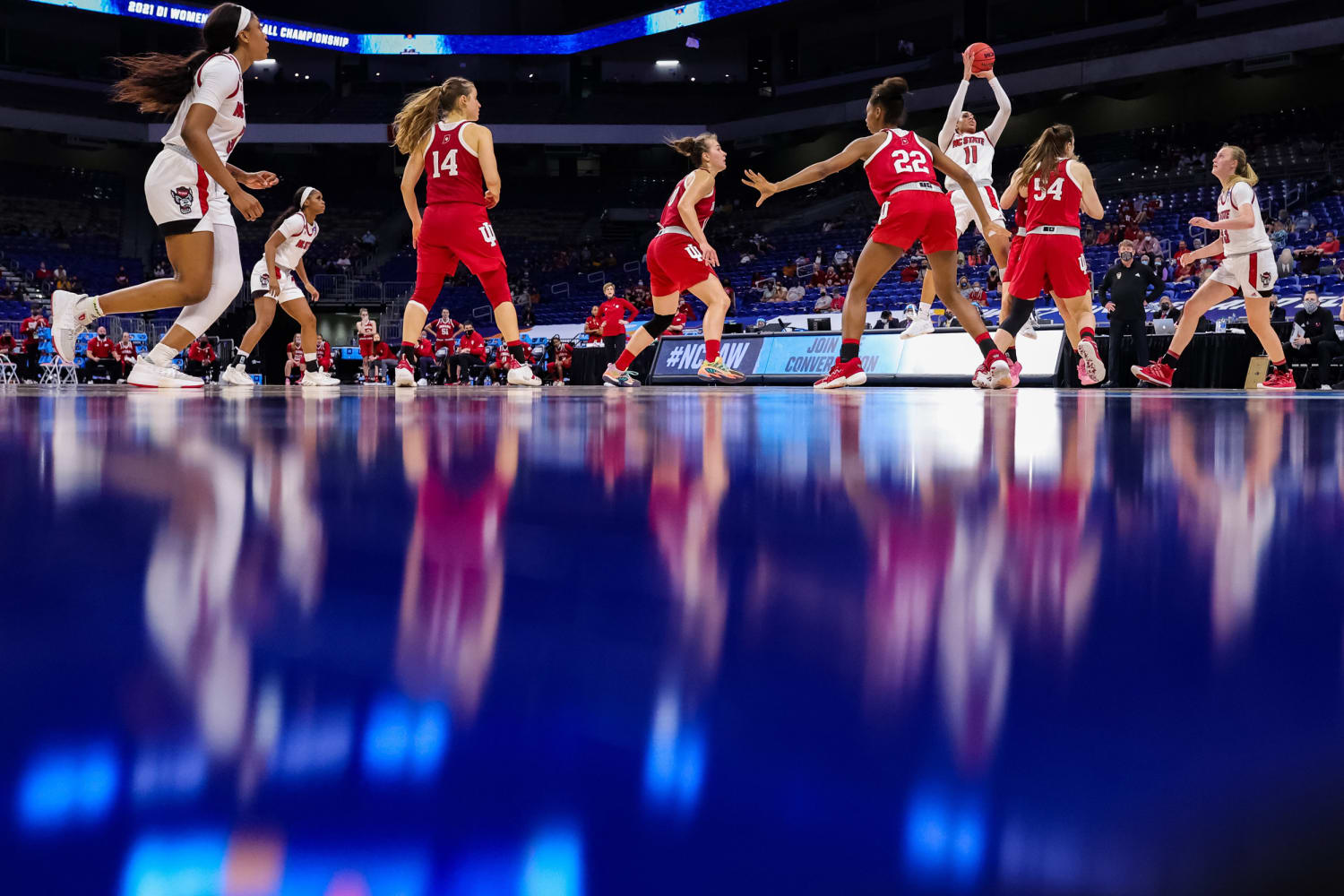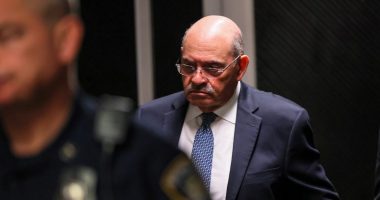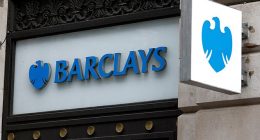The Supreme Court on Wednesday will take up the future of the NCAA’s role in deciding whether college athletes can receive more benefits for their work in enriching the world of collegiate athletics, just as the annual basketball ritual known as March Madness nears its finale.
The case does not directly involve the hot-button issue of whether athletes should be paid. But the outcome will determine how much authority the NCAA would have to restrict such payments in the future, which college athletes say are long overdue.
“This could be the gateway to answering the question of whether student-athletes can be paid to play,” said Gabe Feldman, an expert in sports law at the Tulane University School of Law.
“Right now, the NCAA has almost unfettered ability to decide,” Feldman said. “This is an attempt to chip away at that and have the courts come in and say, no, your rules are too restrictive.”
What’s at stake, the NCAA says, is its ability to maintain a distinction between college and professional sports. The amateur status of college athletes, it says, serves an important benefit — higher education.
But a brief filed by the players associations of the major professional leagues says the current rules ensure that everyone can benefit financially except the athletes, most of whom will never play professional sports.
“The NCAA’s amateurism rules deprive them of their only opportunity in life to receive any economic benefits or enhanced education-related opportunities for their athletic talent and hard work,” their filing said.
A federal appeals court ruled last year that the NCAA’s limits on education-related benefits — such as computers, musical instruments and postgraduate scholarships or paid internships — violate antitrust laws. The ruling was a victory for current and former athletes in Division I basketball and the Football Bowl Subdivision, led by former West Virginia University running back Shawne Alston and former University of California basketball center Justine Hartman.
The justices agreed to hear a similar case involving the so-called Power Five athletic conferences — the Big Ten, the Southeastern Conference, the Atlantic Coast Conference, the Big 12 and the Pac-12.
“Post-eligibility internships that pay unlimited amounts in cash and can be used for recruiting or retention will vitiate the distinction between college and professional sports,” the NCAA warned in its written brief.
Antitrust laws are involved because the schools compete aggressively for the best players and coaches. The courts have said that even though the NCAA’s limits on student benefits restrain some of that competition, the limits help preserve amateur status.
Senior U.S. District Judge Claudia Wilken of Northern California, whose ruling was upheld by the 9th U.S. Circuit Court of Appeals, found it important to maintain a distinction between college and professional sports.
“In addition to the fact that college sports are played by students actually attending the college, student-athletes are not paid the very large salaries that characterize the professional sports leagues that many student-athletes aspire to,” she said.
But she said the NCAA did not have authority to limit benefits directly related to a student’s education. The proposed rules, the student players told the Supreme Court, were more restrictive than necessary to preserve the demand for college sports as something distinct from the professional world.
The justices will decide the case — the first involving college sports to come before the court in more than 35 years — by early July.
Source: | This article originally belongs to Nbcnews.com











